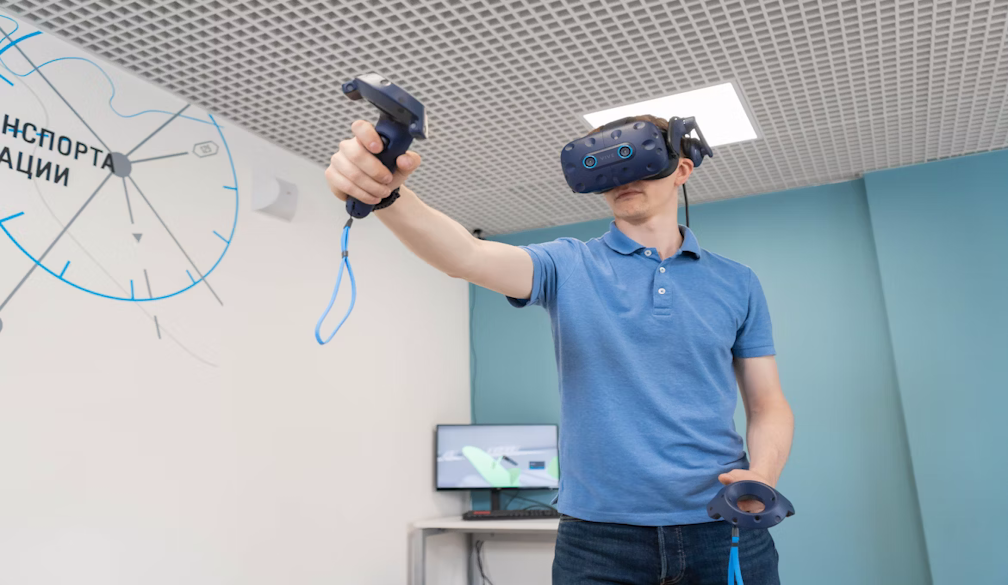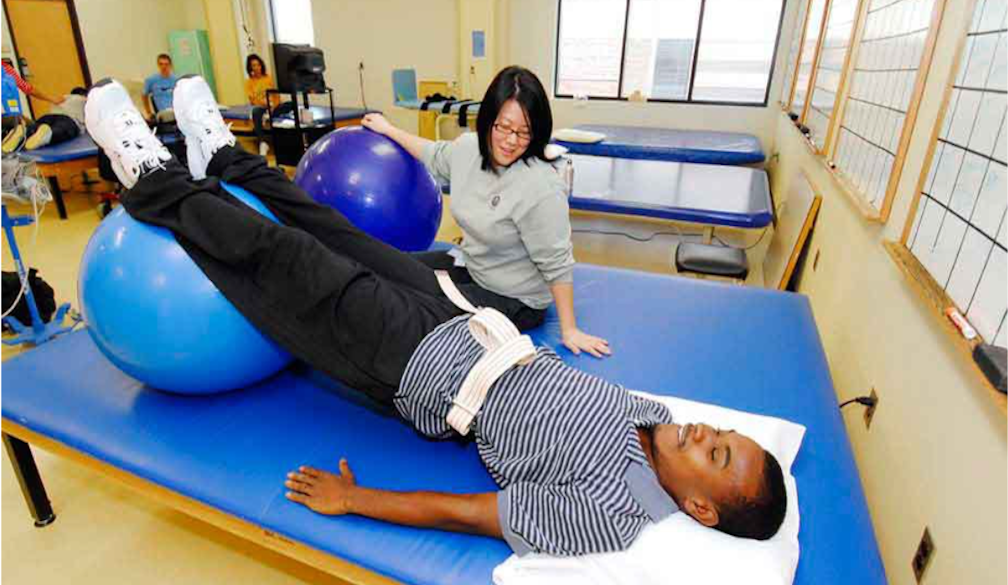Transforming Aged Care Through Virtual Reality Training

Australia's aged care sector faces unprecedented challenges, with an ageing population and increasingly complex care needs placing enormous pressure on facilities and staff. In response, innovative aged care providers are turning to dealing with difficult customers training that acknowledges the unique challenges of caring for elderly residents with conditions like dementia and Alzheimer's.
The implementation of vr uses in aged care training represents a compassionate revolution in how we prepare carers for the emotional and physical demands of their work. Virtual reality simulations allow staff to experience the world through the eyes of elderly residents, building profound empathy and understanding that transforms care delivery.
Consider the challenge of managing sundowning behaviour in dementia patients, where confusion and agitation peak in the late afternoon. Traditional training might explain the phenomenon, but VR training lets carers experience the disorientation and fear that drives these behaviours. This experiential understanding leads to more patient, effective responses that improve outcomes for both residents and staff.
Leading aged care facilities in Melbourne and Sydney report remarkable improvements after implementing VR training. Staff turnover, a chronic problem in the sector, dropped by 34% as carers felt better prepared and supported. Resident satisfaction scores improved by 41%, with families particularly noting improvements in how staff handled challenging behaviours.
The physical aspects of aged care work also benefit from VR training. Manual handling injuries, the leading cause of workers' compensation claims in aged care, can be dramatically reduced through VR simulations that teach proper techniques without risk. Staff can practice complex transfers and movements repeatedly until safe practices become second nature.
Cultural sensitivity in aged care presents another area where VR excels. Australia's multicultural elderly population brings diverse expectations and communication styles. VR scenarios expose staff to various cultural contexts, helping them provide culturally appropriate care that respects individual backgrounds and preferences.
As Australia's aged care sector undergoes major reform, facilities investing in advanced training technologies are positioning themselves as employers and providers of choice. They're proving that technology and compassion aren't mutually exclusive – when properly applied, they enhance each other to create better outcomes for our most vulnerable citizens.




